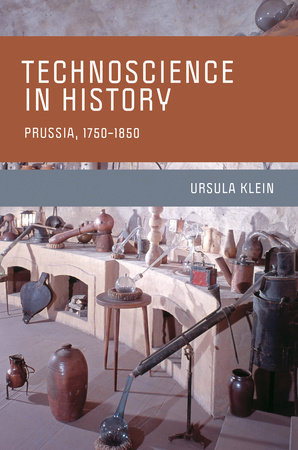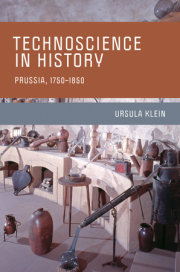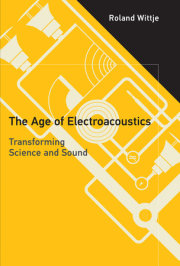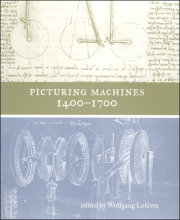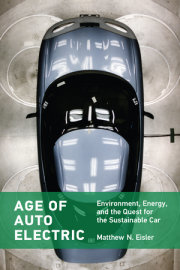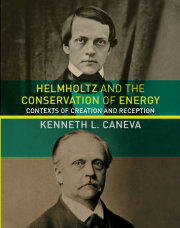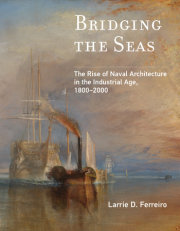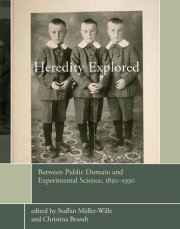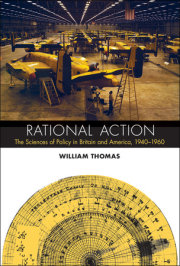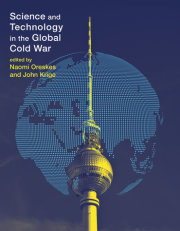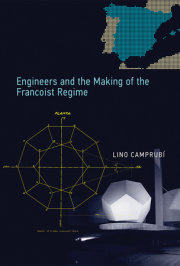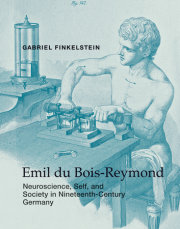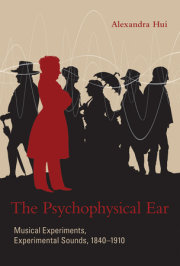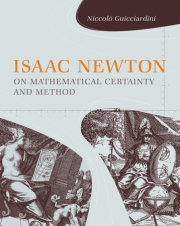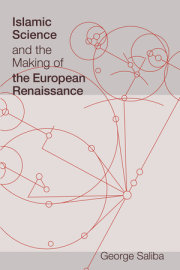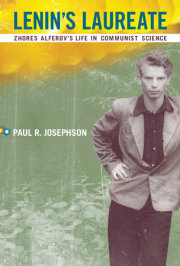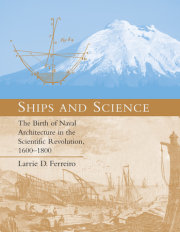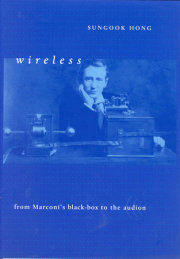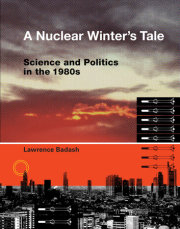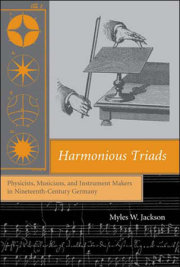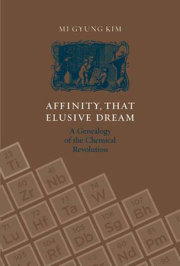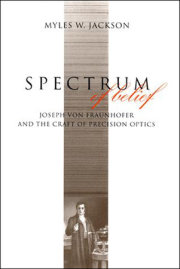List of Illustrations
Acknowledgments
Introduction
Part I. Technical Experts and Innovation in Prussia
1. Technical Projects of the Royal Prussian Academy of Sciences
2. Discovery and Invention: Klaproth
3. Pharmacy and Chemistry
4. Experts at the Royal Prussian Porcelain Manufactory
5. The Figure of Technical Expert
Part II. The Model: Useful Science at Mining Academies
6. Silver Mining and the Freiberg Mining Academy
7. Mining and Mining Experts in Prussia: Gerhard
8. Experiments in the Laboratory of the Mining Department
9. The Lecture Series of the Mining Administration
10. Mines as Laboratories: Humboldt
Part III. Useful Science and its Practitioners
11. Mining Science
12. The Science of Salt Works
13. The Figure of Scientific-Technological Expert
Part IV. Towards Nineteenth-Century Technological Science
14. Useful Knowledge at the University of Berlin
15. The Academy of Civil Engineering and Architecture
16. A New Industrial Policy: The Industrial Institute
17. The Big Picture: Useful Science, Technological Science, Technoscience
Notes
References
Index

